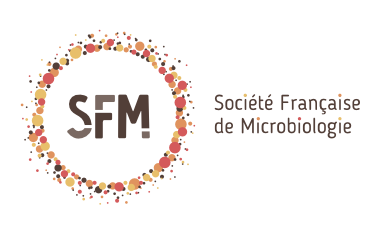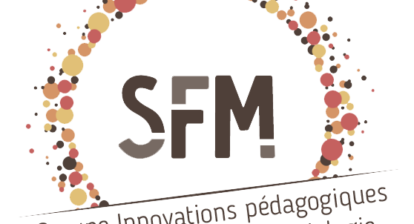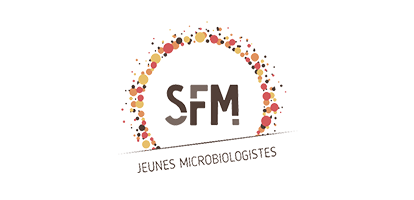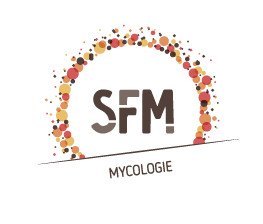Bohyung Lee
Ecole Doctorale des Sciences de la Vie, Santé, Agronomie et Environnement (SVSAE) de l’Université Clermont Auvergne (UCA). Soutenue le 28 Mai 2019.
High throughput study of biofilm and virulence in Listeria monocytogenes using innovative approaches
Listeria monocytogenes is a facultative anaerobic, Gram-positive and rod-shaped bacterium. It is multifaceted foodborne pathogen characterized by its adaptability in adverse conditions and proliferation in a wide range of environments from soil to mammalian host cells. The bacterium forms biofilms in food chain which is presumed to be a source of repeated food product contamination increasing the risk of listeriosis in consumers. L. monocytogenes isolates are grouped into four distinct phylogenetic divisions of 13 serotypes among which lineage I (mainly of 4b and 1/2b) and lineage II (mainly of 1/2a and 1/2c) represent most isolates. Their genomes are approximately 2.8-3.2 Mbp, composed of around 3,000 open reading frames with a high rate of nucleotide polymorphisms. The genetic heterogeneity is reflected on diversified clonal structure which correlates, to some extent, with phenotypic traits such as virulence or stress resistance. The thesis, therefore, investigated two most prominent phenotypes, biofilm formation and virulence potential, from various perspectives using state-of-the art technologies. Throughout the studies, large panels of isolates were used to represent the intraspecific diversity.
Firstly, sudden cold shock induced cellular adhesion to abiotic surfaces as a transient phenotypic change. In addition, cell surface of L. monocytogenes revealed strong electron-donor nature regardless of temperature and became more hydrophilic as cells adapted to cold. A mild but significant correlation was observed between affinity for ethyl acetate and cellular adhesion level suggesting the role of physicochemical property in adhesion step. Next, various food-related factors played distinct roles at different biofilm formation steps. Nutrient deprivation enhanced adhesion, however, impeded maturation step. Addition of NaCl to growth cultures stimulated biofilm production and, surprisingly, it significantly intensified biofilm maturation of nutrient-deprived cells. High degree of variation in relative biofilm productivity was observed among serotypes, genotypes, as well as isolates across culture conditions, however, certain genotype (clonal complex 26) revealed distinctively higher biofilm production under cold temperature (10°C) suggesting an association of genotype with biofilm phenotype. Assessment of genetic composition with regard to biofilm production by pan-genome-wide association study revealed that functions such as ‘Cell surface proteins’, ‘Soluble internalin, and ‘Transformation/Competence’ were highly enriched implying their roles in L. monocytogenes biofilm formation. Finally, transcriptome profiles were analysed in depth using RNA sequencing. Importantly, Principal Component Analysis refined a large dataset to strengthen experimental reproducibility and improve statistical power of correlation analyses. Certain transcriptional factors with key roles in virulence such as σB, PrfA, and CodY contributed to variations in basal transcripts level among isolates. High diversity of transcriptomes between lineage I and II as well as hyper- and hypovirulent genotypes was observed implying the importance of transcriptomic plasticity in the bacterial physiology. Transcripts level of numerous genes related to sugar metabolism and transport found to be correlated with in vivo virulence potential suggesting the involvement of such pathways in the infection in Galleria mellonella model system.
Conclusively, the thesis explored intraspecific diversity in L. monocytogenes and resulted in ample phenotypic, genomic, and transcriptomic findings. With the integrative omics approach in listeriology, the present work will contribute to unveiling the complex physiology and pathology of the bacterium.
Keywords: Listeria monocytogenes, biofilm, virulence, genomics, transcriptomics







